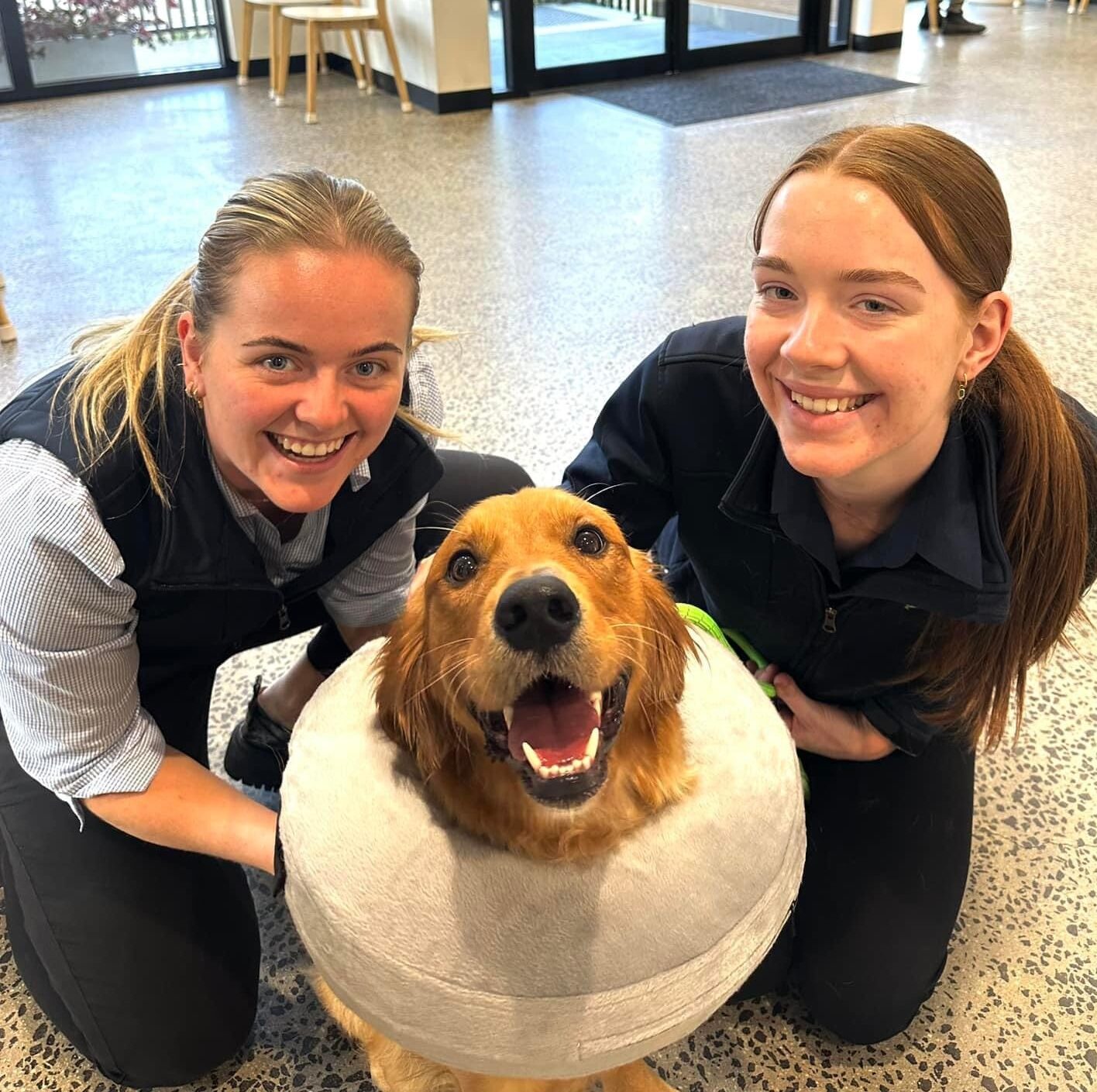Teething is a natural stage of development for puppies, usually occurring early on from three weeks to around six months of age. During this cycle, a puppy will transition from its baby teeth to its adult teeth. This process can be uncomfortable and, at times, painful.
Excessive chewing or the persistent need to hold objects in their mouth can sometimes indicate an oral malalignment in puppies. Dental malalignment can cause discomfort as the teeth may hit the gums due to functional issues.
Understanding the Timeline for Teething Puppies
For puppies, the teething process can start early on, at about three weeks of age. During that time their deciduous teeth start to break through. When they reach six to eight weeks in age, a puppy will usually have their complete set of twenty-eight baby teeth.
By the time the puppy reaches between three to four months of age, the baby teeth begin falling out and making way for their permanent set of forty-two adult teeth. This process will usually be complete by the time the puppy reaches six to seven months. When teething, your puppy will have sore gums, drooling, irritability and will display increased chewing behaviour. These are all natural responses to the teething process.
Giving Your Puppy Chew Toys That Are Safe
Chewing provides comfort for your puppy, and helps their adult teeth come through their gums. If you are looking for puppy teething remedies, there are a wide variety of pet chew toys available from both pet retailers and online websites. Rubber toys can be both durable and gentle on their developing teeth, and some can be filled with treats to encourage more chewing.
Freezable toys, which provide additional soothing benefits to the gums, are also available. When selecting chew toys you will want to choose toys that are size-appropriate, and only buy non-toxic toys that have been tested to Australian safety standards. Rope toys and toys with a soft rubber design are ideal.
Home Remedies for Teething Puppies
In addition to offering your puppy chew toys, home or natural remedies can also help. Ice cubes or frozen carrots wrapped up in cloth can help soothe your puppy’s sore gums and reduce the inflammation.
You might also use frozen tea towels, which can be twisted and moistened with unsalted broth or water.
When to Consult Your Vet
While most symptoms of teething may be mild and managed at home, some situations will require professional care. Veterinarians recommend that you monitor for baby teeth that are retained and fail to fall out. These can lead to infections, misalignment or long-term dental problems.
You’ll also want to be aware of bleeding or inflamed gums, signs of pain while your puppy is eating, and foul breath. Puppies would benefit from a vet visit to check their adult teeth and teething progress when they reach six months of age. This visit can help make sure that any potential issues are addressed early on.
